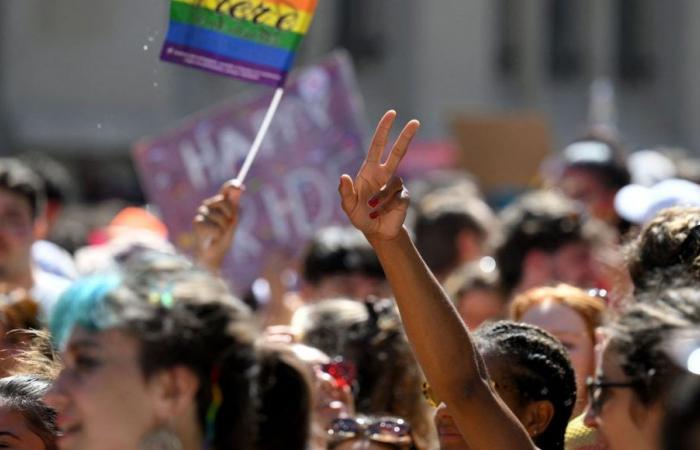
Essay – Where does capitalism come from and where is it going? with Nicolas Postel
Where does capitalism come from and where is it going? In their latest work, Nicolas Postel and Dany-Robert Dufour call upon the figures of Bernard Mandeville and Karl Polanyi to cast a critical eye on a social organization based on the self-regulating market. For the authors, it is perversion that lies at the heart of capitalism. A moral perversion on the one hand, in that this system promotes the free expression of vices as a prerequisite for the production of wealth and public virtue. But perversion also affects money, work, and land, signaling the failure of the capitalist utopia and the advent of an ecological and democratic collapse. In the eyes of Nicolas Postel and Dany-Robert Dufour, a relevant alternative should be found in convivialism, a movement theorized by Alain Caillé, which calls for putting the commons back at the center while affirming a principle of legitimate individuation.
As defined Nicolas Postel, “Convivialism, among other movements, has the characteristic of highlighting the necessary reopening of collective spaces to create a society that is not the market. We cannot be satisfied with being in contact only through a market that damages our capacities to create society.“.
How can we bring Bernard Mandeville and Karl Polanyi into dialogue, two hundred years apart? Can we really conceive of capitalism as a utopia? What alternatives can we oppose to it?
Current Affairs Roundtable – LGBTQIA+: The Price of Discrimination at Work
While Pride takes place in Paris this Saturday, June 29, the OECD publishes a report this Friday, June 28 which shows that the discrimination suffered by LGBTQIA+ people, particularly in the world of work, results in significant losses in GDP. Declaring yourself LGBTQIA+ is not only a private matter but has an impact at work, as explained Catherine Tripon : “one, in terms of activation of rights, there is marriage, parenthood. But also, if there is a dysfunction somewhere, that is to say LGBTphobic behavior (rejection, harassment and others…) which can be on the part of a hierarchical superior, colleagues, a client, a supplier, or a user in the context of the public sector“.
After having dissected the costs generated by discrimination against LGBTQIA+ people, we can also wonder what relationship capitalism has with LGBT struggles, and question the relevance of public policies put in place to fight against this discrimination.
As stated Marie-Anne Valfort, “What we see in the data is that among older generations, successful LGBT people are much more likely to come out than less successful people, leading to much less pronounced disadvantages among older generations relative to newer ones.“.
Sound references
Musical references
- “Never Can Say Goodbye” de The Communards
- “See You Next Year – Mean Girl” de Wallice





